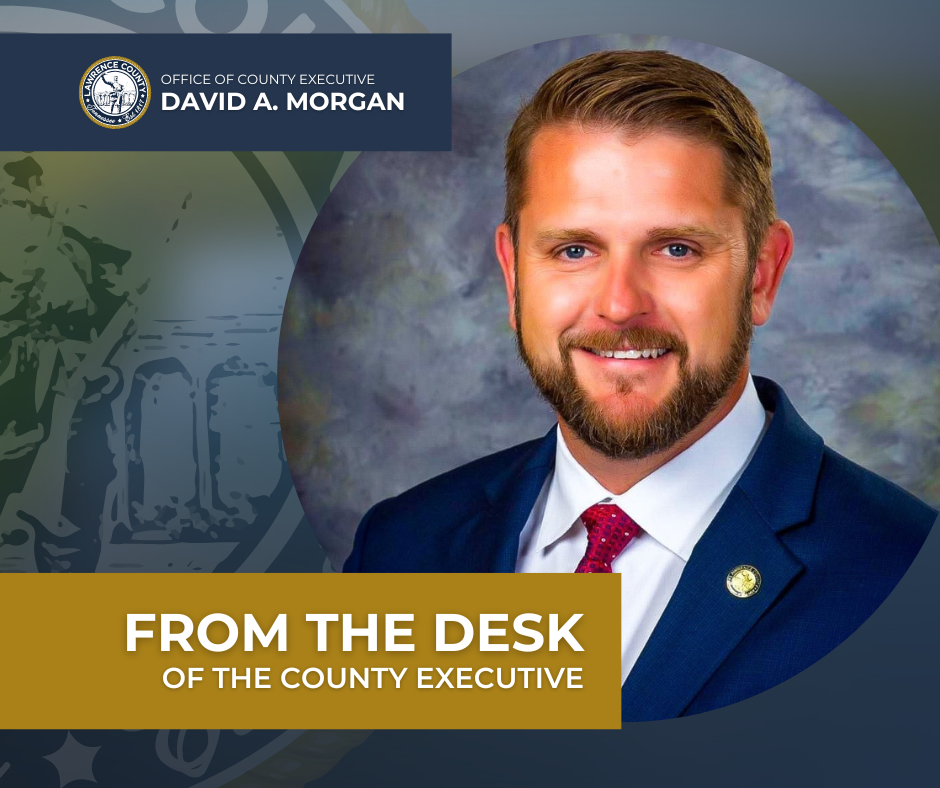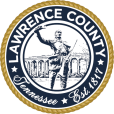It’s not often that any of us see artifacts from the time of the American Revolution, unless we travel to Philadelphia or Washington, D.C. So when a recent visitor to my office arrived with a 1782 Bible encased in plexiglass, I was fascinated.
Stephen Skelton is founder of The First American Bible Project, a nonprofit whose goal is to give every school library serving 4th grade, 8th grade, and high school students three copies of the Aitken Bible. Only 25 original copies are known to exist, and The First American Bible Project owns one.

While teaching the Bible for religious purposes isn’t allowed in public schools, Bibles and other religious materials are accepted as donations. The Aitken Bible also comes with lesson plans that meet state standards for Social Studies, and can be used by public school history teachers.
I am thrilled that every Lawrence County school has Aitken Bibles in their libraries for use as historical documents.
“The Aitken Bible provides a historical account of early American history and government’s stance on religion,” said Lawrence County Director of Schools Michael Adkins. “The Aitken Bible, like any other historical document, is available for student research.”
The story of the Aitken Bible explains its historical context. Before the American Revolution, publication of the Bible was regulated by the British government. An English language Bible could not be printed without a special license and copies had to bear the imprint of the Crown.
With the onset of the Revolution, the British blocked all materials coming to America. In 1777, Americans started experiencing shortages of several commodities, including Bibles. On July 7 a request was placed before Congress to print or import more, and a Congressional committee was appointed to study the matter.
The Committee came back with this recommendation: “[T]he use of the Bible is so universal and its importance so great, . . . your Committee recommend that Congress will order the Committee of Commerce to import 20,000 Bibles from Holland, Scotland, or elsewhere, into the different ports of the States of the Union.” The order was made, but there is no indication the Bibles ever arrived.
Into this situation stepped Philadelphia printer Robert Aiken, who produced a 1,452-page protestant Bible, advertised as being a new translation into English from the “original tongues,” and having been “diligently” compared to preceding translations. Another Congressional Committee met in September 1782, to review it, and endorsed the printing of 10,000 copies. James Duane, committee chairman, noted its political significance in the minutes printed at the end of the work: “[Aitken] undertook this expensive work at a time when, from the
circumstances of the war, an English edition of the Bible could not be imported, nor any opinion formed how long the obstruction might continue.”
A Library of Congress blog “Bibliomania,” reports: “The publication of the ‘Aitken Bible’ was a landmark moment in the book history of the United States. By decreeing it not just an American copy of a British publisher’s work, but as a brand new, comprehensive incarnation of the Bible for an American audience, the Aitken Bible became not just a devotional text, but a patriotic one as well. It remains the only edition of the Bible authorized by Congress.”


